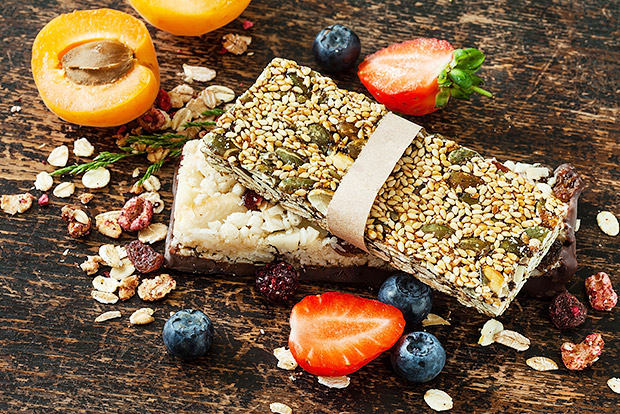
Many people experience an increase in appetite when training for events that require long, intense exercise sessions. Adequately fueling your body for the activity is essential, but increased hunger makes it easy to overconsume calories.
Stick with healthy foods.
Don’t use your increase in exercise as a way to justify filling up on junk foods. Your body needs to replenish the nutrients used during exercise. Healthy foods will aid in your recovery and help support your immune system. Choose nutrient-dense foods with fiber and protein to stay full and satisfied.
Plan your snacks.
Take note of when you feel hungry and how that relates to your exercise time. Do morning workouts leave you famished in the afternoons? Plan your snacks accordingly.
Know your goals.
An increase in exercise increases your calorie needs. You might be hungry because you truly need more food. Determine if your training goal is to maintain weight or lose weight. Use MyFoodDiary to determine your caloric needs based on your new level of activity, then add nutritious foods to your meals and snacks to help reach your weight goals.
Recognize true hunger.
Identify your hunger cues correctly. Intense training programs commonly cause disruptions in your sleep and stress levels. This can lead to a change in hormones that trigger hunger, cravings, and emotional eating. Dehydration is also often mistaken for hunger.
Stop when you feel full.
After a long run or bike ride, you might feel you’ve earned a large meal, but you still need to eat mindfully, and stop eating when you start to feel full.



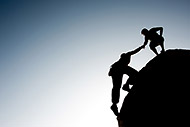 8 Ways to Overcome a Lack of Support for Weight Loss
8 Ways to Overcome a Lack of Support for Weight Loss
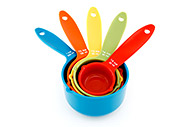 6 Tips for Controlling Portions
6 Tips for Controlling Portions
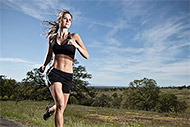 Some People Dream of Success
Some People Dream of Success
 5 Breakfasts Under 300 Calories
5 Breakfasts Under 300 Calories
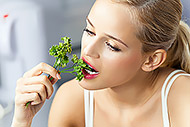 4 Things to Know About Negative Calorie Diets
4 Things to Know About Negative Calorie Diets
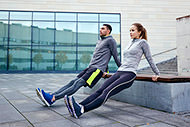 Healthy Ways to Motivate Your Friends
Healthy Ways to Motivate Your Friends
 Tips for Keeping a Food Diary
Tips for Keeping a Food Diary
 Common Weight Loss Mistakes
Common Weight Loss Mistakes

 Pinterest
Pinterest RSS Feed
RSS Feed